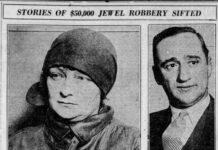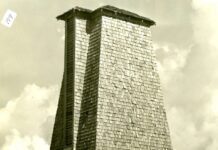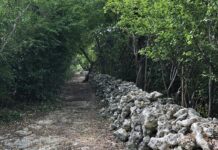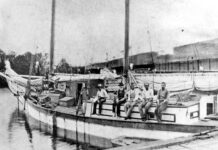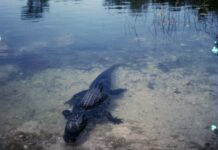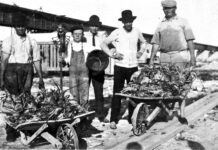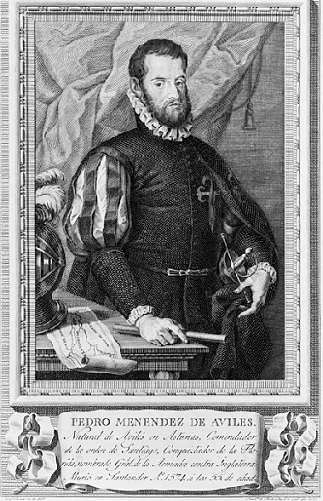
Sometimes sons listen to their fathers. If Juan Menendez had listened to his father, Florida history might have been written a little differently. As it so happened, however, General Juan Menendez was placed in charge of the 1563 New Spain fleet’s capitana La Concepcion. His father is recorded as saying, “In the whole month of July you can come out of the Bahama Channel, but do not sail after the first of August because of the great hurricanes.” The 500-ton galleon La Concepcion led the fleet out of Havana Harbor on August 15.
The weather was clear, at first. By the early days of September, things began to change. Hurricane conditions engulfed the fleet. La Concepcion, as well as the merchant ship El Angel Bueno, was reported lost at sea on September 10. The ships were never seen again. When word reached Spain, loved ones were understandably distressed. Juan’s father, General Pedro Menendez de Aviles, wanted to go look for his lost son. When Spain’s King Phillip II learned of a French fortification established on Spanish Florida’s east coast, he needed a military force to deal with the French incursion. Pedro Menendez agreed to take on the French for the King with the stipulation that he would be able to use Spanish resources to go and look for his son after.
With 800 soldiers and settlers under his command, Menendez set a course for the New World in May 1565. The Spanish coast of Florida would be sighted on August 28, the Feast Day of St. Augustine. On September 8, Menendez and his men established an outpost and declared it St. Augustine—now considered the oldest continually occupied European city in North America.
Having defeated the French and captured Fort Caroline, Menendez sailed south in search of his missing son. He never found his son, but he did come upon another missing boy. While exploring the waters south of Marco Island, around the Ten Thousand Islands area in 1566, Menendez sighted a canoe with Hernando D’Escalante Fontaneda inside. Fontaneda, who had survived a shipwreck and washed up on to the Florida Keys, had been living with the Calusa Indians for 17 years. Menendez, too, would become the first person to record the place name Matecumbe in a letter written to the King of Spain. The year was 1573. As for La Concepcion and El Angel Bueno, the 450-year-old mystery may be solved sometime soon, but that is a different Florida Keys story.

















